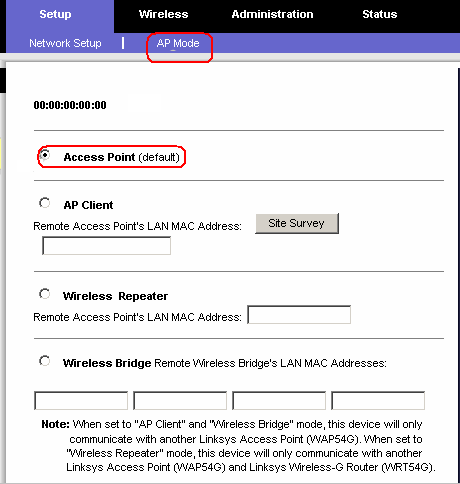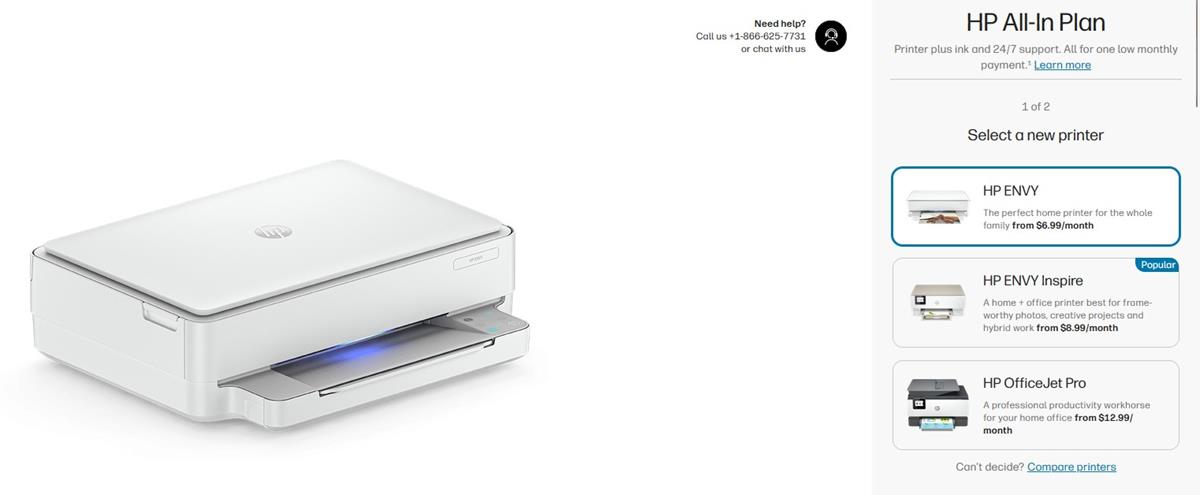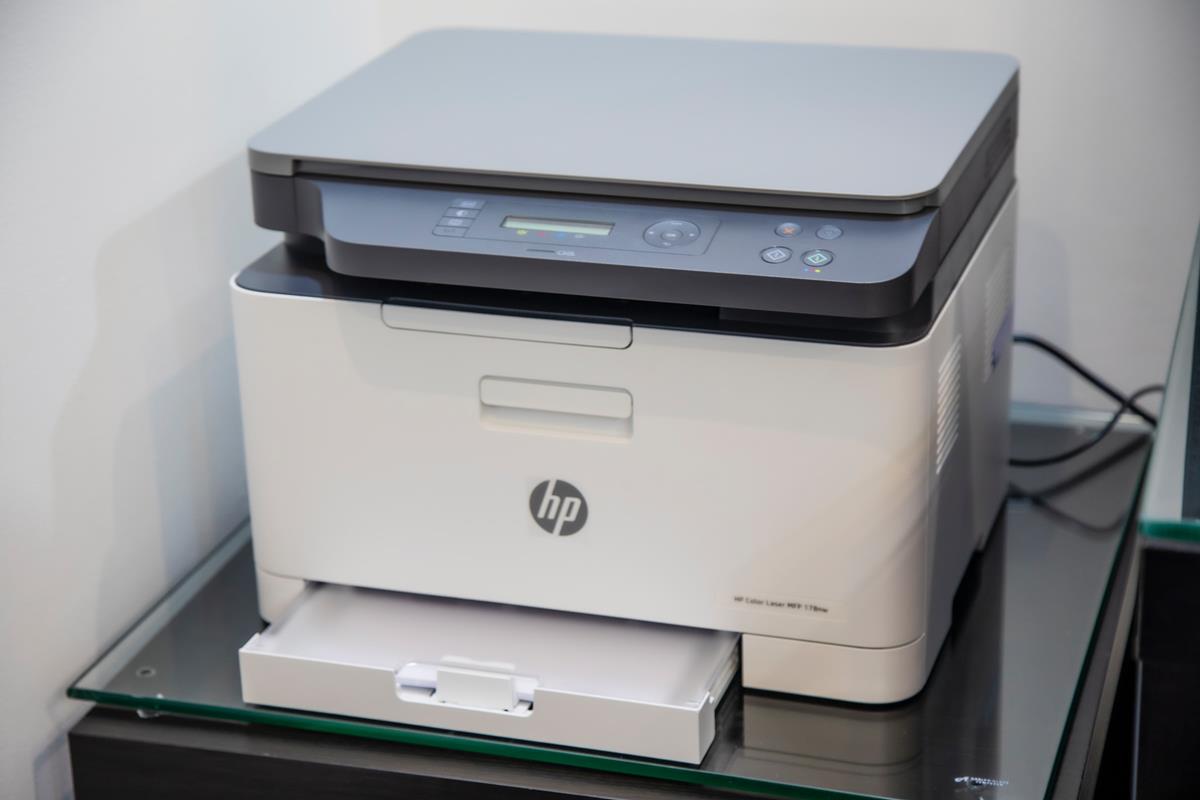Extend your Wireless Network with a Repeater

If you have a wireless network at home, and your house has many rooms, or if you want to surf the internet while sitting outside on your patio, you may need to set up what’s known as a repeater. Repeaters will pickup signals from your main wireless transmitter such as your router and pass on those signals wherever you set it up – thus extending the range. You can have as many repeaters as you like, although for most homes, one or two will usually be enough to cover everywhere.
Your first step will be to buy yourself a wireless transmitter that is suitable to act as a repeater. Most transmitters have the function to do this these days, so you should find one quite easily. It’s always recommended to buy a repeater that is the same make as your existing router to avoid compatibility problems, but this is optional and most makes will talk to others.
Once you’ve unboxed your repeater and switched it on, you’re going to want to log into your existing router. Do this by logging in the way you usually do, and enter your username and password. Now, all routers are different, but the setting you’re looking for is the SSID name, or the wireless network name. It may be under wireless settings. You need to note the existing name, or change the name to something that means something to you. You should also at this point check the mode or speed your wireless is operating at, and choose “auto†or the fastest speed your router will allow.
The next step is to check the security options. For the purposes of this tutorial, we’re going to use “noneâ€, but you should really use WEP or WPA2-Personal as your security, that way unauthorized people can’t log onto your network. If you do set up security, which is strongly advised, you’ll have to set up a password. You’ll need this for your repeater too, so write it down and don’t forget it.
Now you need to find a section that may be called “Wireless Repeatingâ€, again each router is different, so you may need to search around until you find it. It should still be under the wireless settings section, and shouldn’t be too difficult to find. There will probably be a check box where you need to enable wireless repeating, as it’s not usually turned on as standard, and then most routers have two options. The first will be to use this router as a wireless repeater, and the other will be to use this router as a base station. As this is our main router, we’re going to select to use it as a base station. At this point you’ll probably going to need to enter the MAC address of the repeater you’re going to use. So look on the back of your new repeater and you should find a sticker with the MAC address. The MAC address is a unique hardware address of the repeater and will be 12 characters long. Enter this number into the router setup screen. Click “apply†or “save†and you’ve successfully set up your router to act as a repeater base station.
Configuring your Repeater
In part 1, we successfully set up our existing Internet router to act as a base station for wireless repeating. Remember, we’re doing this so we can extend our wireless Internet connection to other parts of the house or even into the back yard.
The next step is to configure our repeater so that it talks to the base station and repeats the signal. First of all, you’ll probably need to connect your computer to the back of your repeater using an Ethernet cable. This is because we haven’t configured anything on it yet, so we need some method of communication with the device.
You’ll have to read your device instructions to find out how to connect to your new repeater, but usually it’s just a case of using an Internet browser with a default username and password. You’ll find all these details in your instruction booklet. Once you’ve logged into the repeater, just as before with the base unit you’re going to need to find the wireless network setup screen.
You need to set up the wireless network with the same SSID name, or wireless network name, as your base unit. For the mode, or speed of the network, you should again choose the fastest speed your network can communicate at, or just choose auto. Finally, you need to set your repeater to have the same form of security as your base station. We’re choosing “none†for the time being, but later on you can come back to these settings and choose WEP or WPA-2. Once you’ve done all these things, you can save your settings and go back to the home screen of your repeater setup.
Just as in the base station setup, you now need to find the setting called “wireless repeating function†or something similar. You’ll need to check the box to turn on wireless repeating, but instead of choosing base station, this time we’re going to choose “wireless repeaterâ€. At this stage, you’re going to need to give your repeater an IP address on your network. If your router is 10.0.0.2 (for example), you might want to give your repeater the next number in line, say 10.0.0.3. This will depend on your network and how many computers you already have set up. If in doubt, use a high number that isn’t likely to be already in use, such as 10.0.0.240.
The next step will be to type in the base station MAC address. In the same way the base station needs to know the hardware address of your repeater, your repeater needs to know the MAC address of the base station. Again, you can find this address on the back of your router. It will be 12 digits long.
Now we have all the information needed for our repeater set-up, we’re going to click on “apply†or “saveâ€, and you’ve successfully set up your repeater. All you need to do now is move the repeater to somewhere where you want to extend the range of your network. Remember, it has to be within range of the base station as well.
Advertisement
















Hi,
I want to create two wifi signals, one that has a password and one that does not. Currently I have my main wi-fi signal (connected to cable line via comcast modem) called “Home” set up with no password. I have a repeater in my office which repeats the signal and is set up as “Office” with a password on the wifi. Are signals sent from my Office wifi secure, even as they pass through the original wifi station Home which is essentially open to the public?
Thanks!
Hi Martin,
thank you for the quick reply. I initially set it up with the main router a fritzbox 7170 and everything is working. I then remembered I had a fritzbox 7140 in the cupboard from a couple of years back , so set that up as a repeater . My thinking was that putting the repeater on top of the kitchen cupboard would “supply” the ip camera with a stronger signal. So , everything is working ok, I just wondered if there was a way of actually checking where it was getting its signal from, if that makes sense. On the ip camera `s status in the wifi settings its still only showing signal strength of 2/3 bars but the actual image is a lot better.
thanks again for answering,
Dilwyn
I have set up a repeater in my kitchen , base station in upstairs “office” installed ip camera in my garden covering back door. How do I know if the camera is picking up the signal from the repeater or the base station? also when setting up the ip cam should it be attached to the base station or the reapeater with the ethernet cable for the set up?
thank you,
Dilwyn
Well you should be able to access the camera somehow, and if it shows a picture, you know that it is working correctly. You may also see lights on the device itself, or maybe in an app that you have running. I’d suggest to connect it directly to the wireless router for setup.
Help. I’ve set it up following the above walk through (Wnap-1110 and sky net gear router) and I get Internet fine for about 5/10 minutes then nothing. Where am I going wrong?
Thank you so much!
I’ve spent months trying to work out how to get the WNAP-1110 working with my Sky Netgear router!
Now, we have wifi all over our house!
Andy
A repeater has a radio that receives the wireless signal from the original base station and an additional transmitter to re-transmit the data.
Can you recommend one that will work with Sky (From what I’ve read their routers, or rather limited firmware, can be a little picky)?
i bought a WNAP-1110 from maplins today – setup with my sky netgear as a repeater (universal) – all working good – £19.99 ;-)
Hollah, i’m having an epic problem setting up the WNAP-1110 with my Sky netgear. Any chance you could email me some tips? David
That’s great. I’m currently considering buying one for my parent’s home as wireless reception in the room with the PC is rather weak.
If one sets the repeater IP too high (240 in this case), won’t there be a problem? The default number of addresses (Linksys in the pic) is 50. So one couldn’t connect?
Jasray, you can pick any local IP address for your wireless repeater without ill effects, provided that it is not already in use by another device.